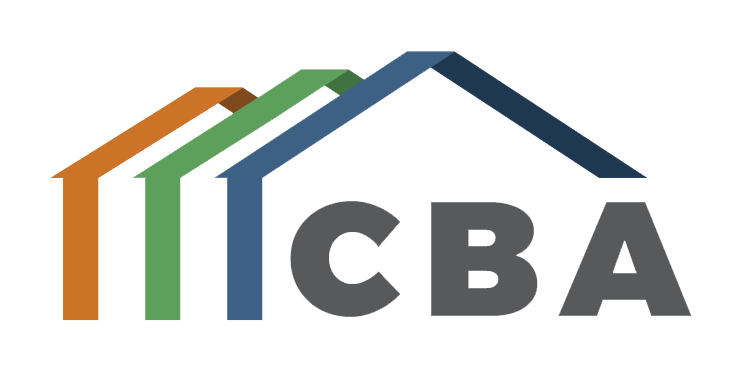Bridge Club navigates federal funding cuts
City Council asks manager for an accounting of all program, service cuts in city.
The Bridge Club of Greater Lowell, at 33 E. Merrimack St., is a nurturing space for individuals in recovery, offering solace, community and a path to wellness. MELANIE GILBERT — LOWELL SUN
By Melanie Gilbert
LOWELL >> The Bridge Club of Greater Lowell survived the COVID-era shutdowns, actually expanding its mission and outreach programming.
But the abrupt and devastating federal funding cuts by the Trump administration, which have caused layoffs among older and better-established organizations, are challenging the nonprofit’s hard-won gains.
In just the past month, the Lowell Community Health Center and Coalition for a Better Acre have laid off staff as pandemic relief monies and federal grant funding have dried up.
The Sun spoke with clients of the Bridge Club, a nonprofit whose mission is to create a “nurturing space for individuals in recovery, offering solace, community and a path to wellness,” who said that like other human services organizations, the nonprofit is in the crosshairs of those cuts.
Despite numerous attempts to reach him, Executive Director Bob Cox did not respond to a request for comment on staffing conditions or charting a path through the financial uncertainty.
But in a phone call on Tuesday, Councilor Vesna Nuon, who sits on the City Council’s Nonprofit Organizations Subcommittee, said the cuts are impacting “fundamental programs” like the Bridge Club.
“It is crucial to help those that are addicted, help them with jobs and get them on their feet and integrate them back into the community,” he said. “When that federal grant is cut, that’s going to impact them, the city and the community.”
The organization is open seven days a week and runs 31 recovery meetings ranging from Alcoholics Anonymous, All Addicts Anonymous, Gamblers Anonymous, Overeaters Anonymous and Recovery Dharma.The model was inspired by Cox’s 2016 experience with recovery groups in Florida called EDI Clubs, which stands for “easy does it.” At the time, he was dealing with his own long-term alcoholism in consecutive 30-day addiction recovery programs. His post-recovery plan involved attending regular local meetings.
“They call them clubhouses down there,” Cox said during a presentation before the City Council Nonprofit Subcommittee in March. “It’s a seven-day-a-week availability of AA or [Narcotics Anonymous] meetings. That’s the only reason they exist. They’re all over southern Florida.”
When Cox couldn’t find a comparable model back home in the Merrimack Valley, he founded the Bridge Club of Greater Lowell.
“I incorporated in 2018 with no money, really,” he said.
He signed a lease on a property owned by Peter Gervais at 33 E. Merrimack St. The area businessman has been supportive of the space needs of other nonprofits such as Lowell’s Alternative House.
The lease was signed in January 2020, and two months later, then-Gov. Charlie Baker ordered the public shutdowns, which Cox said flipped the recovery community “upside down” since it works on a face-to-face model of support.
Still, the Bridge Club persevered, and held its meetings around the restrictions.
“We stayed open,” Cox told the committee of Councilors Erik Gitschier, Corey Robinson and Nuon. “We never closed, not one day.”
That grit won them advocates like Middlesex District Attorney Marian Ryan, who tapped the Bridge Club for a 2021 Community Empowerment Reinvestment Act grant to start a reentry program for people getting out of jail.
The nonprofit received part of a $2.7 million opioid grant from the first Trump administration through Lowell’s Opioid Task Force. Cox hired nine people through the grant, which helped launch its recovery coach training model.
“Everybody at the Bridge Club is a recovery coach,” Cox said. “Recovery coach services are free. They’re a cross between an AA sponsor and a counselor.”
It has a memorandum of understanding with MassHire so that its clients can access all the services available through that job placement program.
And in March, the Bridge Club announced that the nonprofit is partnering with Amazon, one of the largest employers in the U.S., to help some of the club’s clients with past involvement in the criminal justice system gain employment and reintegrate into the workforce.
Between 150-200 people come through its doors each day, Cox said. There are 14 people employed on the recovery side of the house, and three administrative staff. Clients can walk in off the street or are referred through court-ordered probationary, diversion or release programs.
Cox told the committee that the Bridge Club secured a five-year grant through the Bedford Veterans Administration to provide transitional housing for homeless veterans.
“We’re in the process of buying a building at 147 E. Merrimack St., the site of the old Maurice Mason Pharmacy, and turning that into transitional housing for homeless veterans,” Cox said.
The Bridge Club is also in discussions with St. Michael Parish to take over the convent for transitional housing for homeless veterans.
The status of those plans, announced just one month ago, could not be determined, but Nuon said he is vested in the Bridge Club’s success. His motion of April 15 asked City Manager Tom Golden to report back to the council on what federal funds have been cut to the city.
“It’s essential to know what’s going to be cut and be ready to see what we can do to keep them afloat — housing, detox, employment,” Nuon said Tuesday. “We can’t do it alone. We need a partner like the Bridge Club.”

